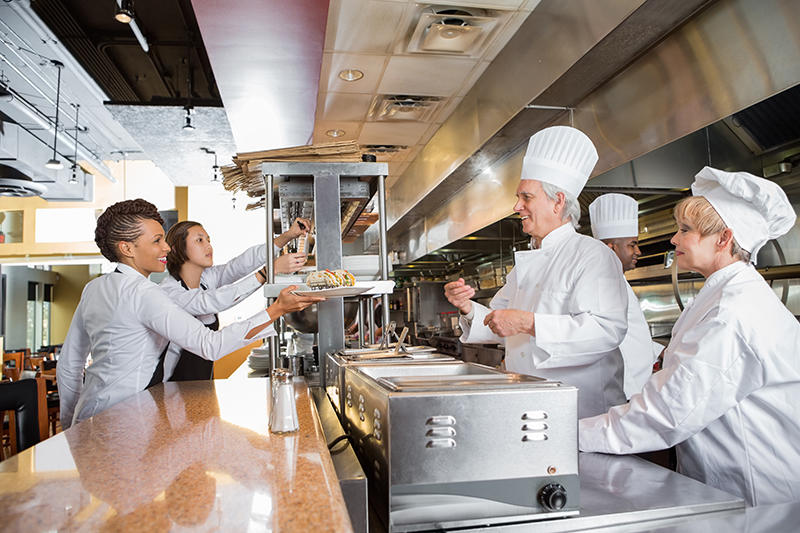Department of Employment 2021, Employment Projections, available from the Labour Market Information Portal
- by ANZSCO 1493 Conference and Event Organisers, employment projections to May 2025
Australian Bureau of Statistics 2021, 6291.0.55.001 - EQ08 - Employed persons by Occupation unit group of main job (ANZSCO), Sex, State and Territory, August 1986 onwards, viewed 1 August 2021, https://www.abs.gov.au/statistics/labour/employment-and-unemployment/labour-force-australia-detailed/may-2021
- Employed total by ANZSCO 1493 Conference and Event Organisers, 2001 to 2021, May quarter.
Australian Bureau of Statistics 2017, 2016 Census – employment, income and unpaid work, TableBuilder. Findings based on use of ABS TableBuilder data.
- Employment level by ANZSCO 1493 Conference and Event Organisers, and 4 digit level industries to identify the relevant VET-related occupations in the industry as a proportion of the total workforce.
Training data has been extracted from the National VET Provider Collection, Total VET Students and Courses from the following training packages or qualifications:
- SIT Tourism, Travel and Hospitality Training Package
- SIT30516 - Certificate III in Events
- SIT30607 - Certificate III in Events
- SIT30612 - Certificate III in Events
- SIT50207 - Diploma of Events
- SIT50212 - Diploma of Events
- SIT50316 - Diploma of Event Management
- SIT60207 - Advanced Diploma of Events
- SIT60212 - Advanced Diploma of Events
- SIT60216 - Advanced Diploma of Event Management
- THT30102 - Certificate III in Meetings and Events.
This includes superseded qualifications and training packages.
Data covers a range of selected student and training characteristics in the following categories and years:
- 2016 to 2020 program enrolments
- 2016 to 2020 subject enrolments
- 2016 to 2020 program completions.
Total VET students and courses data is reported for the calendar year. Program enrolments are the qualifications, courses and skill-sets in which students are enrolled in a given period. For students enrolled in multiple programs, all programs are counted. Program completion indicates that a student has completed a structured and integrated program of education or training. Location data uses student residence. Subject enrolment is registration of a student at a training delivery location for the purpose of undertaking a module, unit of competency or subject. For more information on the terms and definitions, please refer to the Total VET students and courses: terms and definitions document.
Low counts (less than 5) are not reported to protect client confidentiality.
Percentages are rounded to one decimal place. This can lead to situations where the total sum of proportions in a chart may not add up to exactly 100%.
SIT Tourism, Travel and Hospitality Training Package apprentice and trainee data has been extracted from the National Apprentice and Trainee collection, including:
- 2011 to 2020 commencements
- 2011 to 2020 completions
- apprentices and trainees in-training October to December 2020 collection, by qualification and state and territory of data submitter.
Job vacancy data have been extracted from Burning Glass Technologies 2021, Labor Insight Real-time Labor Market Information Tool, Burning Glass Technologies, Boston, viewed July 2021, https://www.burning-glass.com.
Data shown represent most requested generic skills, occupations and employers according to internet job postings in Australia between July 2018 and June 2021 filtered by ANZSIC and ANZSCO classification levels listed below.
ANZSCO occupations have been used as industry filters because they provide more relevant job vacancy data for this sector.
- Generic skills / Occupations
- 1493 Conference and Event Organisers.
- Employers
- 1493 Conference and Event Organisers.
